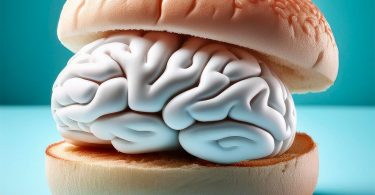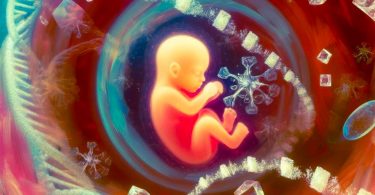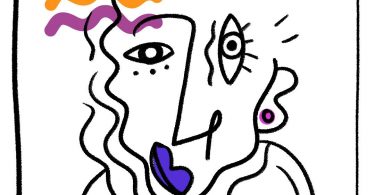Glycation is correlated with poor sleep itself correlated with a poor quality of life and a limited life expectancy. Attempts to explain.
Many studies establish at any age, links between poor sleep, quality and life expectancy.
Already in childhood, a correlation has been established between low sleep duration and high risk of obesity. In adulthood, sleeping less than 6 hours (and more than 9 hours) would significantly reduce life expectancy.
Finally, we note that the quality of sleep deteriorates with aging. Thus the duration of deep sleep is divided by 2 between 20 and 70 years.
A Japanese team looked at the links between glycation and lifestyles; it has shown that in adulthood (20 to 60 years) a short sleep duration (less than 7:30) is correlated with a high glycation rate and particularly significantly before age 50 (1).
At the same time, an exploratory study conducted by a team from the same university would show that HbA1c, considered an early marker of glycation, would drop in good quality sleep (2).
The short duration of sleep would be the cause of peaks of glycation; melatonin would have an anti-glycation effect…
Several hypotheses of explanation are evoked: the short duration of sleep would be the cause of peaks of glycation; melatonin would have an anti-glycation effect…
Cause or consequence (or both), glycation and poor sleep together participate in the vicious circle of aging whose fight is enriched by a new recommendation: promote a regular sleep and good quality.
(1): K. Nomoto eand Al, Skin Accumulation of Advanced Glycation End Products and Lifestyle Behaviors in Japanese, Japanese Society of Anti-Aging Medicine JAAM, Oct. 31, 2012.
(2): M. Ogura and Al, Doshisha University, Kyoto, Japan, Glycative Stress Research 4(3): 172-183, 2017









